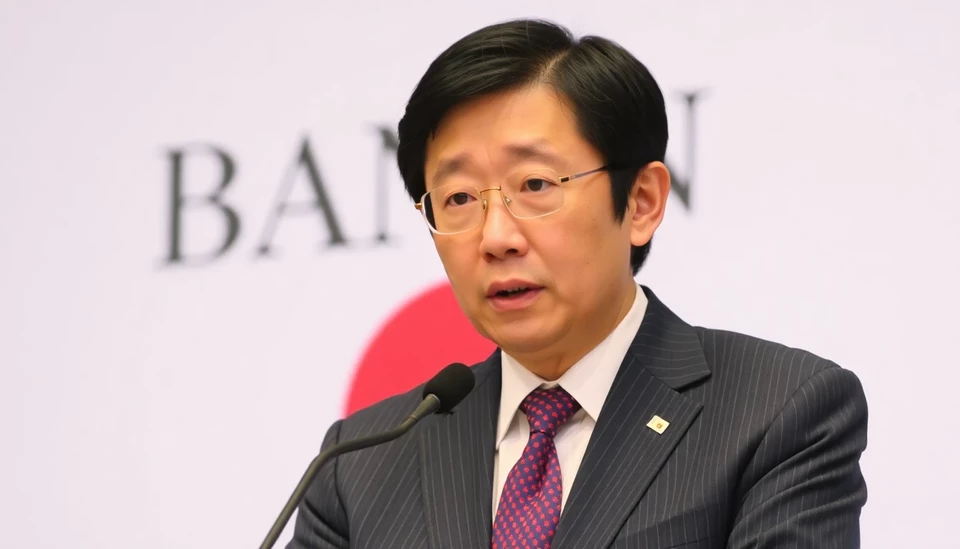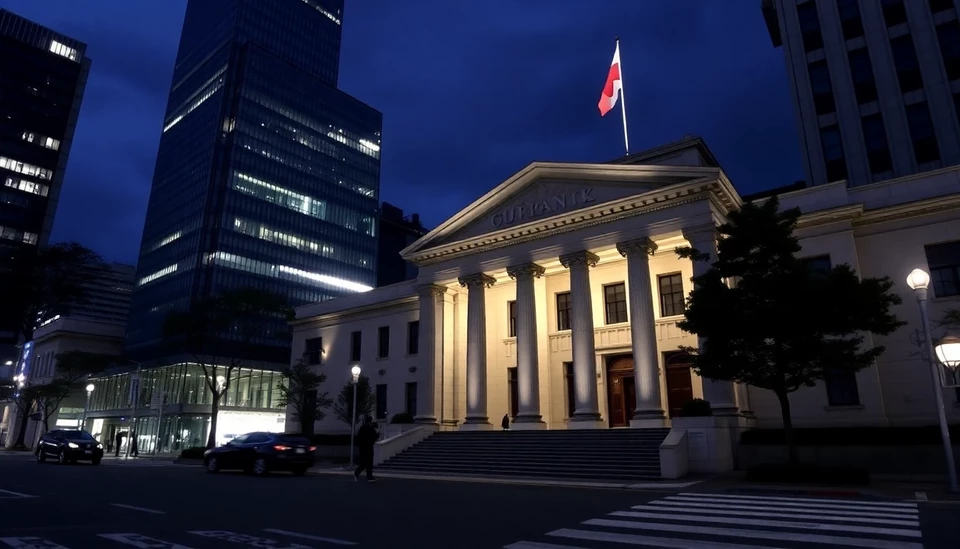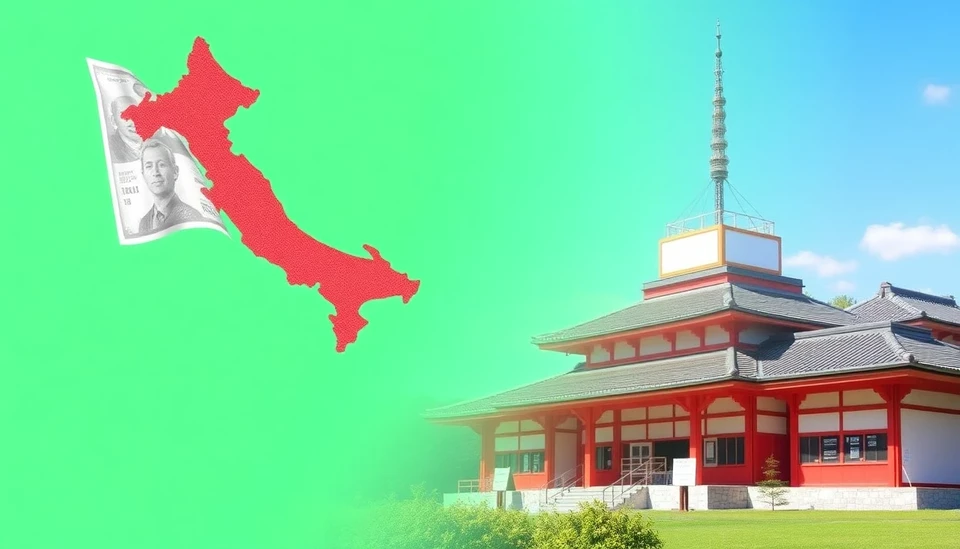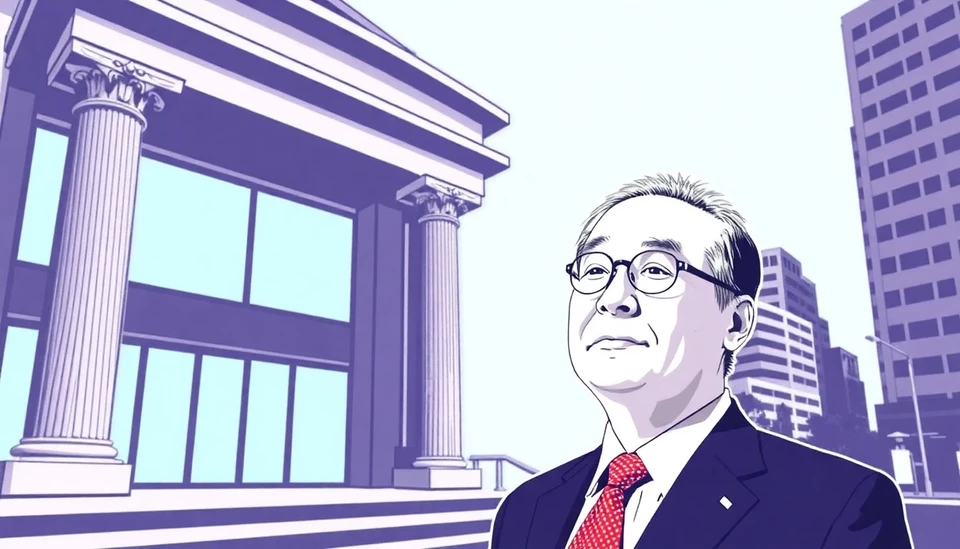
In a recent statement, Bank of Japan (BOJ) Governor Kazuo Ueda shed light on the bank's perspective regarding monetary policy adjustments, emphasizing that the timing of any changes will hinge on the trajectory of the economy and price levels. This remark comes amid ongoing discussions about potential shifts in Japan's long-standing ultra-loose monetary policy. Ueda's comments underline a cautious approach to unwinding stimulus measures that have been in place for several years.
Ueda pointed out that while there are signs of rising prices, the overall economic recovery remains uneven. He stated, "The timing of any necessary adjustments to our policies will depend on careful monitoring of the economy and inflation." His remarks suggest that the BOJ is committed to a wait-and-see approach, remaining vigilant about domestic demand and global economic conditions that could influence Japan’s recovery.
The BOJ has long maintained a negative interest rate policy and has committed to massive bond-buying operations to support economic activity. However, as inflationary pressures build globally, central banks worldwide are reconsidering their strategies. Japan has often been viewed as an outlier in this regard, wrestling with persistent deflation for decades until recently when inflation surpassed the central bank's target levels.
Ueda's comments indicate a nuanced understanding of the challenges facing Japan's economy, noting that any premature moves to tighten monetary policy could jeopardize the fragile recovery. He urged caution, reminding stakeholders that firm economic fundamentals are essential for sustainable growth and that the BOJ must adjust policies in alignment with these factors.
Market analysts are closely monitoring the BOJ's policy stance, as any shift could significantly impact not only Japan but also global markets. Investors are keen to gauge when the historical era of negative interest rates might come to an end, a situation that could have far-reaching implications on investments, borrowing, and consumer sentiment across the country.
Ueda concluded his address with a reaffirmation of the BOJ's commitment to achieving sustained price stability, recognizing the importance of maintaining solidarity with the current economic environment. "We will act accordingly and adjust our measures when the time is right," he stated, encapsulating the cautious optimism that characterizes the bank's approach to future economic conditions.
Overall, the BOJ's future actions will continue to be shaped by various factors, including domestic inflation rates, global economic developments, and the overall health of Japan's economy as it navigates through challenges both at home and abroad.
#BankOfJapan #KazuoUeda #MonetaryPolicy #Economy #Inflation #InterestRates #JapanEconomy #FinancialNews
Author: Daniel Foster




